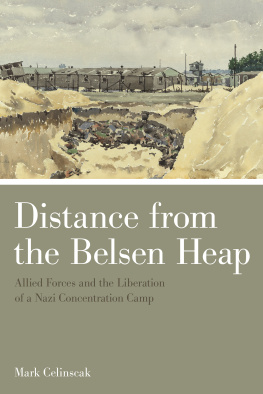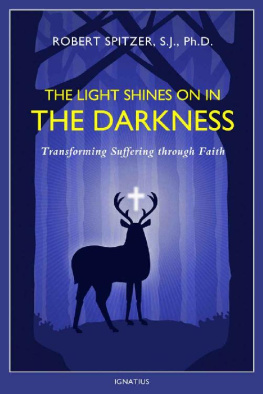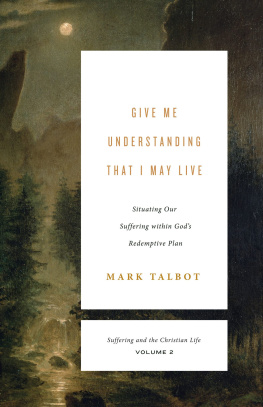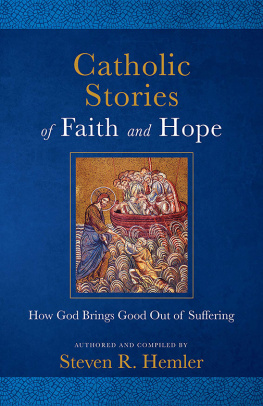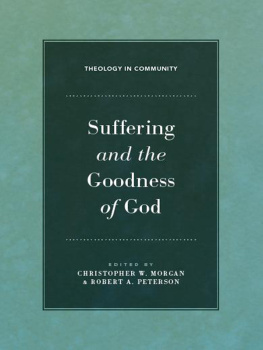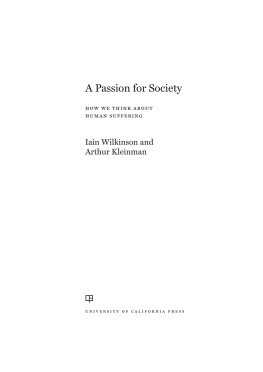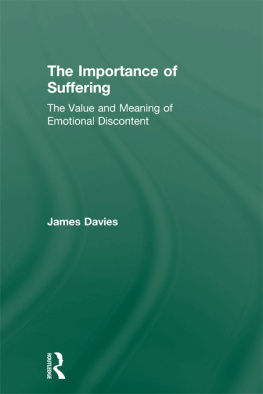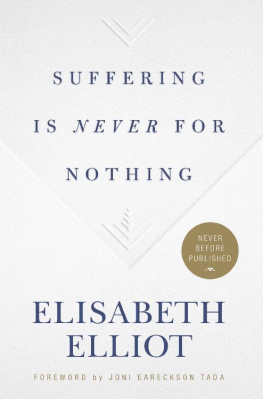A S DIRECTORS OF TWO ACADEMIC CENTERS at the University of Nebraska at Omaha, this book emerges from our intersecting interests in genocide and human rights education, as well as around the issue of how to respond to the suffering of others. The Sam and Frances Fried Holocaust and Genocide Academy, which operates under the direction of coeditor Mark Celinscak, engages in the scholarly study of the Holocaust and other genocides and provides students, faculty, and community members the intellectual framework to assist in the prevention of crimes against humanity. The Leonard and Shirley Goldstein Center for Human Rights, under the direction of coeditor Curtis Hutt, is designed to facilitate and catalyze increased human rightsrelated academic offerings, research, as well as local and international community outreach, partnerships, and programming. The editors thank both the Fried Academy and Goldstein Center for providing the funding to plan and produce this work.
Artistic Representations of Suffering: Rights, Resistance, and Remembrance was inspired by a 2019 Goldstein symposium on art and human rights held at the University of Nebraska at Omaha. The symposium corresponded with a major exhibition initiated by the Fried Academy. Titled, WITNESS: The Art of Samuel Bak, the exhibition spanned five decades of the artists creative journey. Indeed, several of the chapters that appear in this volume were first presented as works-in-progress at the symposium.
The opportunity to work together with a colleague is not unique; to work closely with a dear friend is something to which both editors are grateful. Since 2016, we, the coeditors of this volume, have collaborated on several events and community programs. Although we work in different subject areasone is a religious studies specialist, and the other is a scholar of modern war and genocideit seemed natural to collaborate on a topic about which we feel passionate.
We want to thank the contributors who appear in this volume. The subject of human suffering requires a great deal of sensitivity and insight; we believe we have assembled an international collective of scholars who have helped make this volume something special. We appreciate the encouragement and support of Senior Executive Editor Charles Harmon and Editorial Assistant Erinn Slanina at Rowman & Littlefield Publishers.
We thank our wives, themselves close friends, for their support over the years. Our wives and children inspire and push us to strive for a better, more humane world.
Mark Celinscak & Curtis Hutt
Omaha, Nebraska
Mark Celinscak is the Louis and Frances Blumkin Professor of Holocaust and Genocide Studies and the executive director of the Sam and Frances Fried Holocaust and Genocide Academy at the University of Nebraska at Omaha. He is a historian of twentieth-century Britain and Europe, specializing in war, Holocaust, and genocide studies. He is the author of Distance from the Belsen Heap: Allied Forces and the Liberation of a Nazi Concentration Camp, winner of the 2016 Vine Award for Non-Fiction. His follow-up book, Kingdom of Night: Witnesses to the Holocaust, will be published in 2021. Celinscak serves on the executive committee of the Consortium of Higher Education Centers for Holocaust, Genocide, and Human Rights Studies. He was a Pearl Resnick Postdoctoral Fellow at the US Holocaust Memorial Museum and a European Holocaust Research Infrastructure fellow at the Wiener Library for the Study of the Holocaust and Genocide. He has held fellowships at the Cohen Center for Holocaust and Genocide Studies at Keene State College; the Ray Wolpow Institute for the Study of the Holocaust, Genocide, and Crimes Against Humanity at Western Washington University; and the Holocaust Educational Foundation of Northwestern University.
Curtis Hutt is an associate professor of religious studies, the executive director of the Leonard and Shirley Goldstein Center for Human Rights, and director of Programming for the Natan and Hannah Schwalb Center for Israel and Jewish Studies at the University of Nebraska at Omaha. He has published on a variety of topics related to the latter, including articles on the Dead Sea Scrolls, religious specialists in ancient Judaisms, and the origins of Christian anti-Semitism. Hutt has also written on contemporary Jewish philosophy, pilgrimage, and religious ethics. In 2013, he published his first book with SUNY Press on religion and the representation of the past. He has recently edited a second volume for Routledges Jewish Studies Series titled Jewish Religious and Philosophical Ethics. Hutt recently published a third book on feminist historiography, The Sorrows of Mattidia, which examines the portrayal of Jewish and Christian women in late antiquity.
Mehnaz M. Afridi is professor of religious studies and director of the Holocaust, Genocide, and Interfaith Education Center at Manhattan College. She teaches courses on Islam, the Holocaust, genocide, comparative religion, colonialism, and feminism.
Marjorie Agosn is a poet, novelist, and human rights activist. She has been awarded numerous prizes for her literary contributions as well as her activism. Among them she has received the United Nations Leadership award, the Gabriela Mistral medal of honor granted by the Chilean government for lifetime achievement, and the Pura Belpre medal for her novel I Lived on Butterfly Hill. Agosn is a professor of Spanish at Wellesley College. Her work has been featured in many venues including the New York Times, Forbes, and the Washington Independent.
Julia Alekseyeva is an assistant professor of English and cinema and media studies at the University of Pennsylvania, researching global media and radical politics in Japan, France, and the former USSR. She is also author-illustrator of the award-winning graphic memoir Soviet Daughter and has published articles in both text and graphic narrative format in The Journal of Japanese and Korean Cinema, The Nib, Lilith, Jewish Currents, Media Fields, World Literature Today, and Sequentials.
Michele Marie Desmarais is a Mtis, Dakota, and settler poet and scholar from the country now known as Canada. Dr. Desmarais is an associate professor in religious studies and a teaching faculty member in medical humanities and Native American studies at the University of Nebraska at Omaha. Publications include owlmouth (poetry chapbook and album) and the book Changing Minds: Mind, Consciousness and Identity in Patajalis Yoga-s tra and Cognitive Neuroscience.
Adrian R. Duran is associate professor of art and art history at the University of Nebraska at Omaha. Duran has published extensively on mid-twentieth century Italian art with a particular interest in leftist politics and the art critical discourse of the Cold War. He holds a BA from the University of Notre Dame and an MA and PhD from the University of Delaware. In 20212022, Duran will serve as the Dorothy K. Hohenberg Chair of Excellence in Art History at the University of Memphis.
Anthony Eaton is an associate professor of creative writing at the University of Canberra. His research interests include the application of creative practice in trauma management and contemporary shifts in the conception of young adulthood as expressed in fiction for that readership. He is currently delivering creative writing interventions to support community recovery in the wake of environmental disaster.
Richard J. Goldstone is a former Justice of the Constitutional Court of South Africa and the first Chief Prosecutor of the UN International Tribunals for the former Yugoslavia and Rwanda. In 2020 he chaired the International Expert Review of the International Criminal Court appointed by the Assembly of States Parties. He is an international honorary member of the American Academy of Arts and Sciences and an honorary bencher of the Inner Temple, London.


